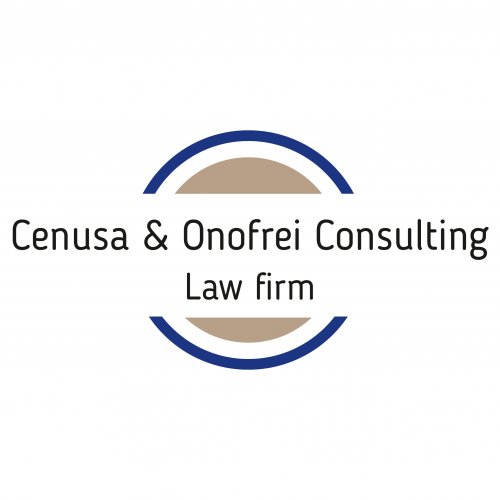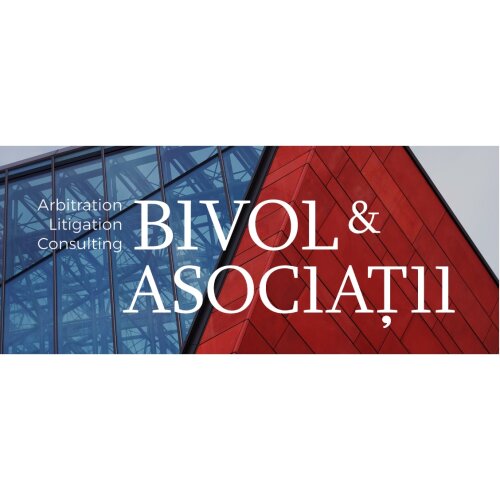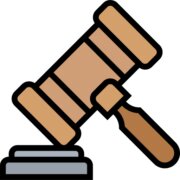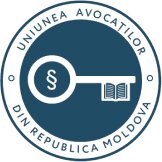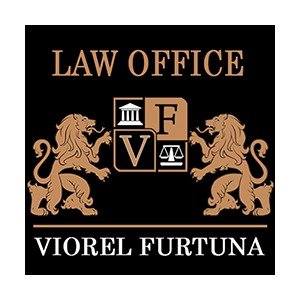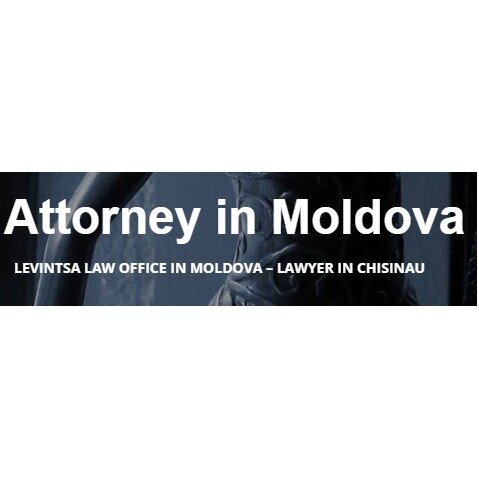Best Citizenship Lawyers in Republic of Moldova
Share your needs with us, get contacted by law firms.
Free. Takes 2 min.
Or refine your search by selecting a city:
List of the best lawyers in Republic of Moldova
About Citizenship Law in Republic of Moldova
The Citizenship Law in the Republic of Moldova is governed by the Law on Citizenship, originally enacted in 1991 and supplemented by subsequent amendments. This framework outlines the conditions under which an individual can acquire, retain, or lose Moldovan citizenship. Key ways to acquire citizenship include birth, naturalization, adoption, and through the repatriation program intended for individuals with Moldovan ancestry. The Moldovan Constitution also recognizes dual citizenship, allowing individuals to hold Moldovan citizenship while keeping another nationality.
Why You May Need a Lawyer
When navigating the complexities of citizenship law in Moldova, many find that legal assistance is invaluable. Common situations requiring legal help include:
- Applying for Moldovan citizenship through naturalization and fulfilling the necessary legal requirements.
- Dealing with dual citizenship issues, particularly the legal implications and rights associated with maintaining multiple nationalities.
- Resolving challenges related to the loss of citizenship, especially if citizenship was revoked unlawfully.
- Assisting with applications for citizenship recognition by descendants of Moldovans who emigrated abroad.
- Complex cases involving stateless persons seeking Moldovan citizenship.
Lawyers can help navigate the procedural intricacies, handle documentation, and provide representation in legal proceedings related to citizenship.
Local Laws Overview
The Moldovan Citizenship Law emphasizes the right to nationality as a fundamental human right. Key aspects include:
- Naturalization: Applicants must live in Moldova for a certain period, demonstrate knowledge of the state language, and comply with other criteria.
- Dual Citizenship: Moldovan law allows for dual citizenship, which must be reported to the authorities.
- Citizenship by Birthright: Individuals born in Moldova to Moldovan parents automatically receive citizenship.
- Loss of Citizenship: This may occur voluntarily, at an individual's request, or involuntarily due to specific legal reasons.
- Repatriation: A program enabling descendants of Moldovans to reclaim their citizenship based on heritage.
Frequently Asked Questions
What are the requirements for naturalization in Moldova?
Applicants must reside in Moldova for at least ten years (or five years for stateless individuals and refugees), demonstrate proficiency in the state language, and have lawful sources of income.
Can I have dual citizenship in Moldova?
Yes, Moldova recognizes dual citizenship but requires individuals with multiple nationalities to declare this to the relevant authorities.
How can I lose my Moldovan citizenship?
Citizenship can be lost voluntarily by renouncing it, or involuntarily due to issues such as fraudulent acquisition or serious legal infractions.
Can children born abroad to Moldovan parents obtain citizenship?
Yes, a child born to Moldovan citizens abroad can be registered as a Moldovan citizen.
What is the repatriation program?
The repatriation program allows ethnic Moldovans or their descendants living abroad to obtain Moldovan citizenship based on their ancestry.
Is there a language requirement for obtaining citizenship?
Yes, applicants are required to demonstrate a certain level of proficiency in the Moldovan language as part of the naturalization process.
How do I apply for Moldovan citizenship?
Applications are submitted to the Public Services Agency, accompanied by necessary documents such as proof of residency, language proficiency, and legal income.
What documents are needed for a citizenship application?
Typically, applicants need to provide proof of residency, birth certificates, a valid ID, proof of language proficiency, and evidence of lawful income.
How long does the citizenship application process take?
The processing time for citizenship applications can vary, but it generally takes several months to a year from submission to approval or rejection.
Can naturalized citizens be deported?
Naturalized citizens enjoy the same rights as those born in the country and cannot be deported based on their nationality.
Additional Resources
For those seeking more information or assistance, the following resources may be helpful:
- Public Services Agency: Offers comprehensive information on citizenship applications and processing.
- Ministry of Justice of the Republic of Moldova: Provides legal frameworks and legislative updates.
- Law firms specializing in citizenship law: Can provide personalized legal advice and representation.
- NGOs focused on migration and citizenship: Offer support services and advocacy for individuals pursuing citizenship.
Next Steps
If you need legal assistance with citizenship issues in Moldova, consider the following steps:
- Research: Gather information regarding your specific citizenship situation and applicable laws.
- Consultation: Seek a consultation with a lawyer specializing in citizenship law to discuss your case and available options.
- Prepare Documentation: Collect all required documents for your application or legal proceeding with guidance from your legal advisor.
- Submit Applications: Work with your legal representative to accurately complete and file any necessary applications or legal documents.
- Follow-Up: Maintain communication with your lawyer and the relevant authorities to stay updated on the progress of your case.
Professional legal assistance can significantly enhance your chances of a favorable outcome and ensure compliance with the legal requirements in Moldova.
Lawzana helps you find the best lawyers and law firms in Republic of Moldova through a curated and pre-screened list of qualified legal professionals. Our platform offers rankings and detailed profiles of attorneys and law firms, allowing you to compare based on practice areas, including Citizenship, experience, and client feedback.
Each profile includes a description of the firm's areas of practice, client reviews, team members and partners, year of establishment, spoken languages, office locations, contact information, social media presence, and any published articles or resources. Most firms on our platform speak English and are experienced in both local and international legal matters.
Get a quote from top-rated law firms in Republic of Moldova — quickly, securely, and without unnecessary hassle.
Disclaimer:
The information provided on this page is for general informational purposes only and does not constitute legal advice. While we strive to ensure the accuracy and relevance of the content, legal information may change over time, and interpretations of the law can vary. You should always consult with a qualified legal professional for advice specific to your situation.
We disclaim all liability for actions taken or not taken based on the content of this page. If you believe any information is incorrect or outdated, please contact us, and we will review and update it where appropriate.
Browse citizenship law firms by city in Republic of Moldova
Refine your search by selecting a city.



